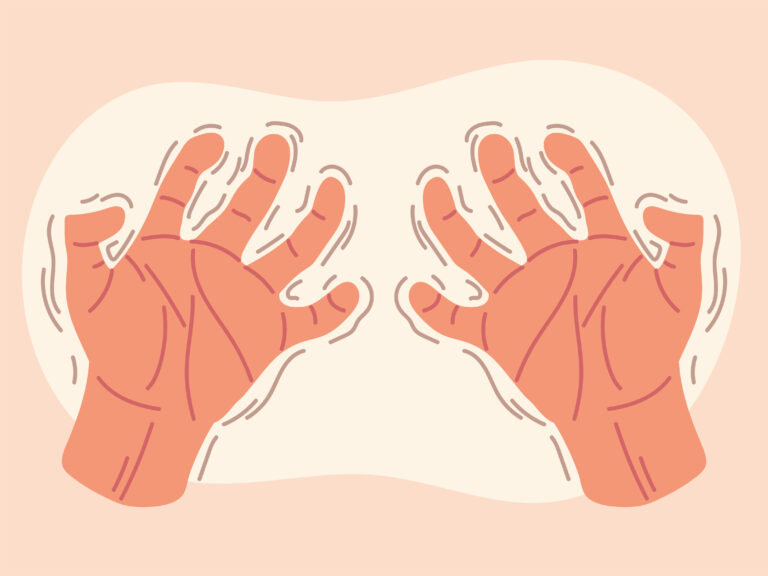When a loved one with dementia becomes upset when corrected, it is often because their brain is struggling to process information, and correction can feel like a threat or a challenge to their sense of reality. Dementia affects memory, cognition, and emotional regulation, making it difficult for the person to understand or accept corrections, which can trigger frustration, anxiety, or anger.
Dementia causes progressive damage to the brain areas responsible for memory, reasoning, and emotional control. As a result, individuals may lose access to recent memories and have trouble making sense of their environment. When corrected, they may feel confused or embarrassed because they cannot recall the correct information or understand why they are being challenged. This confusion can quickly escalate into emotional distress or agitation because the disease lowers their ability to inhibit emotional responses, leading to outbursts or withdrawal[1].
Moreover, the emotional experience of dementia is complex. The person may feel vulnerable, scared, or frustrated by their cognitive decline. Correction can be perceived as criticism or rejection, which threatens their dignity and self-esteem. This emotional pain often manifests as anger or upset behavior. The brain’s impaired processing means they cannot easily rationalize or contextualize the correction, so their reaction is more emotional than logical[1][2].
Physical discomfort or unmet needs can also exacerbate these reactions. Pain, hunger, fatigue, or sensory impairments like poor vision or hearing can increase confusion and irritability, making the person more prone to upset when corrected. For example, if a person is in pain or uncomfortable, being corrected may feel like an additional stressor, triggering agitation or aggression[2].
The way caregivers communicate plays a crucial role. Direct correction can feel confrontational or invalidating. Instead, validating the person’s feelings and experiences without insisting on factual accuracy helps reduce distress. For instance, acknowledging their emotions and gently redirecting the conversation can foster trust and emotional security. Using calm tones, simple language, and nonverbal cues like gentle touch or visual aids can support communication and reduce frustration[3].
Routine and environment also matter. Sudden changes or overstimulating surroundings can increase confusion and anxiety, making correction more likely to provoke upset. Maintaining familiar routines and a calm, soothing environment helps the person feel safer and less reactive[2][3].
In summary, a loved one with dementia becomes upset when corrected because their brain’s cognitive and emotional functions are impaired, making correction feel confusing, threatening, or invalidating. Physical discomfort, unmet needs, and communication style further influence their reactions. Understanding these factors and adopting empathetic, validating communication strategies can help reduce upset and improve interactions.
—
Sources:
[1] Dementia Care Central, “Dealing with Emotional & Behavioral Problems from Alzheimer’s”
[2] The Supportive Care, “Behavioral Strategies for Managing Agitation in Dementia Patients”
[3] 7 Day Home Care, “6 Communication Strategies for Alzheimer’s and Dementia Patients”





